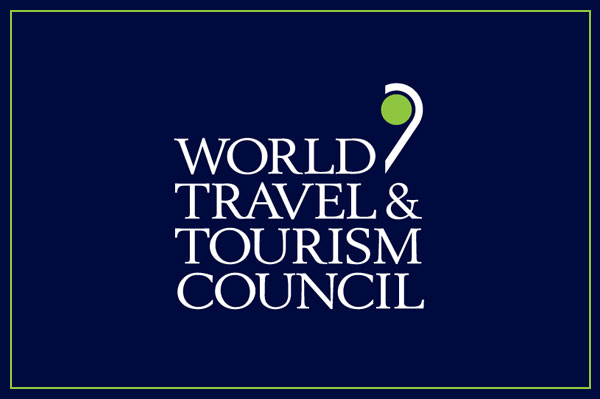Shaping The ‘New Normal’

The World Travel & Tourism Council has released a major new report that recommends global guidelines for a Safe & Seamless Traveller Journey related to traveller identity and security in the ‘new normal.’
Developed in partnership with Oliver Wyman Consulting Group, and Pangiam as one of the advisors, the report emphasizes the need for swift action for a harmonized approach in the implementation of digital traveller identity and biometrics, and the enablement of strong policies through the undertaking of several activities to support the recovery of the ailing Travel & Tourism sector.
WTTC’s Safe & Seamless Traveller Journey (SSTJ) aims to enable a seamless, safe and secure end-to-end traveller journey, encompassing both air and non-air travel, through an approach for systematic biometric verified identification at each stage of the journey, replacing manual verifications.
SSTJ will be critical in combating COVID-19 and beyond for crises preparedness, and will further speed the recovery and bring relief and peace of mind to the 330 million people around the world who depend on a thriving Travel & Tourism sector.
The importance of SSTJ was also recognized by the G20 at the recent Ministerial meeting, with all countries giving it their full support and commitment.
WTTC had previously recognized the need for more contactless and integrated technology as an emerging trend in the new face of travel. COVID-19 has become a catalyst for touchless technologies, which travellers will now expect in order to minimize their physical contact with people and surfaces.
According to a recent survey by Amadeus, technology and innovation will be key in building traveller confidence and industry recovery. This is illustrated as over four in five (84%) travellers say technology would increase their confidence to travel in the next 12 months.
Furthermore, in a recent WTTC consumer survey, eight out of 10 Americans boarding domestic or international flights said they would be willing to submit biometric data to enhance their travel experience.
The report emphasizes the need for international coordination to remove travel barriers and build traveller confidence, both of which are critical to the sector’s survival.
To achieve recovery, it is essential to provide certainty for travellers regarding travel restrictions and policies to facilitate domestic and international travel.
WTTC Members, other private sector leaders and international organizations identified the following private sector actions:
- Adopting global data standards, leveraging existing standards, to ensure interoperability across all sectors, including governments
- Cross sector collaboration (e.g. airlines, hotels, rail, cruise, working together)
- Implement standardized global health and safety protocols across all industries and geographies to facilitate a consistent and safe travel experience
- Develop and adopt innovative digital technologies that enable seamless travel, better manage visitor flows, and improve the traveller experience while making the traveller journey safer.
Gloria Guevara, WTTC president & CEO, said: “WTTC’s new report comes at a time when Travel & Tourism is struggling to stay afloat. We believe that the Safe & Seamless Traveller Journey will not only be paramount in aiding a swift recovery to the sector, but also in shaping the new normal of Travel & Tourism for years to come. This important initiative enables mobility and increases safety and security, while always putting the passenger at the very centre.”
Guevara continued: “There is no doubt that international coordination is necessary, which is why our guidelines aim to bring clarity to a recovery process that has been disjointed and confused. We hope that this, along with our many other guidelines for Safe Travels, will help usher in further consumer confidence.”
To see the full report, go to https://wttc.org/Initiatives/Security-Travel-Facilitation


